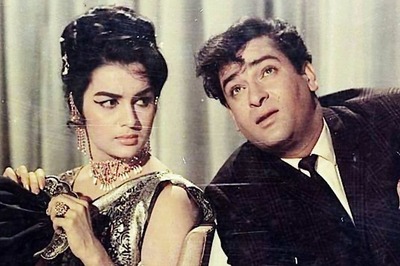
views
The Union Home Ministry on Friday ordered a Central Bureau of Investigation (CBI) into the ‘sub-standard’ medicines in Delhi government hospitals, sources said.
This comes a day after another alleged scam of ‘fake laboratory tests on ghost patients’ reportedly surfaced in Aam Aadmi Mohalla clinics.
The doctors at these clinics were accused of marking attendance through pre-recorded videos, while non-medical staff allegedly prescribed tests and medicines to patients.
Lt Governor V K Saxena also recommended a CBI inquiry in this regard amid speculations over the same model being followed in AAP-ruled Punjab.
Last month, Saxena had also recommended a CBI inquiry into the alleged supply of drugs that “failed quality standard tests” and had the “potential of endangering lives” to hospitals run by the city government.
The communication of the Directorate of Vigilance to the Union Ministry read, “I am further directed to state that any action for supplying such kind of ‘Not of Standard Quality’ drugs should not be confined to the Central Procurement Agency (CPA) and there is a need to investigate the entire supply chain — the role of the suppliers who procured from manufacturers and provided supply to the end users, that is, hospitals (patients). Besides, there is a need to lift the corporate veil to understand the gravity and motives of supplying ‘Not of Standard Quality’ drugs.”
The ‘spurious’ drugs that were found to be of “sub-standard quality” included Cephalexin — life-saving antibiotic used for treating lung and urinary tract infections.
Another such drugs were; Dexamethasone – used for curing life-threatening inflammation in the lungs and joints and swelling in the body; Levetiracetam – an anti-epilepsy and anti-anxiety pyschiatric drug; Amlodepin – an anti-hypertension drug, officials noted.
According to a vigilance department report that was submitted to LG Saxena, of the 43 samples of drugs that were sent for testing to government laboratories, three failed and 12 reports were pending. Further, out of another 43 samples sent to private laboratories, five failed.



















Comments
0 comment